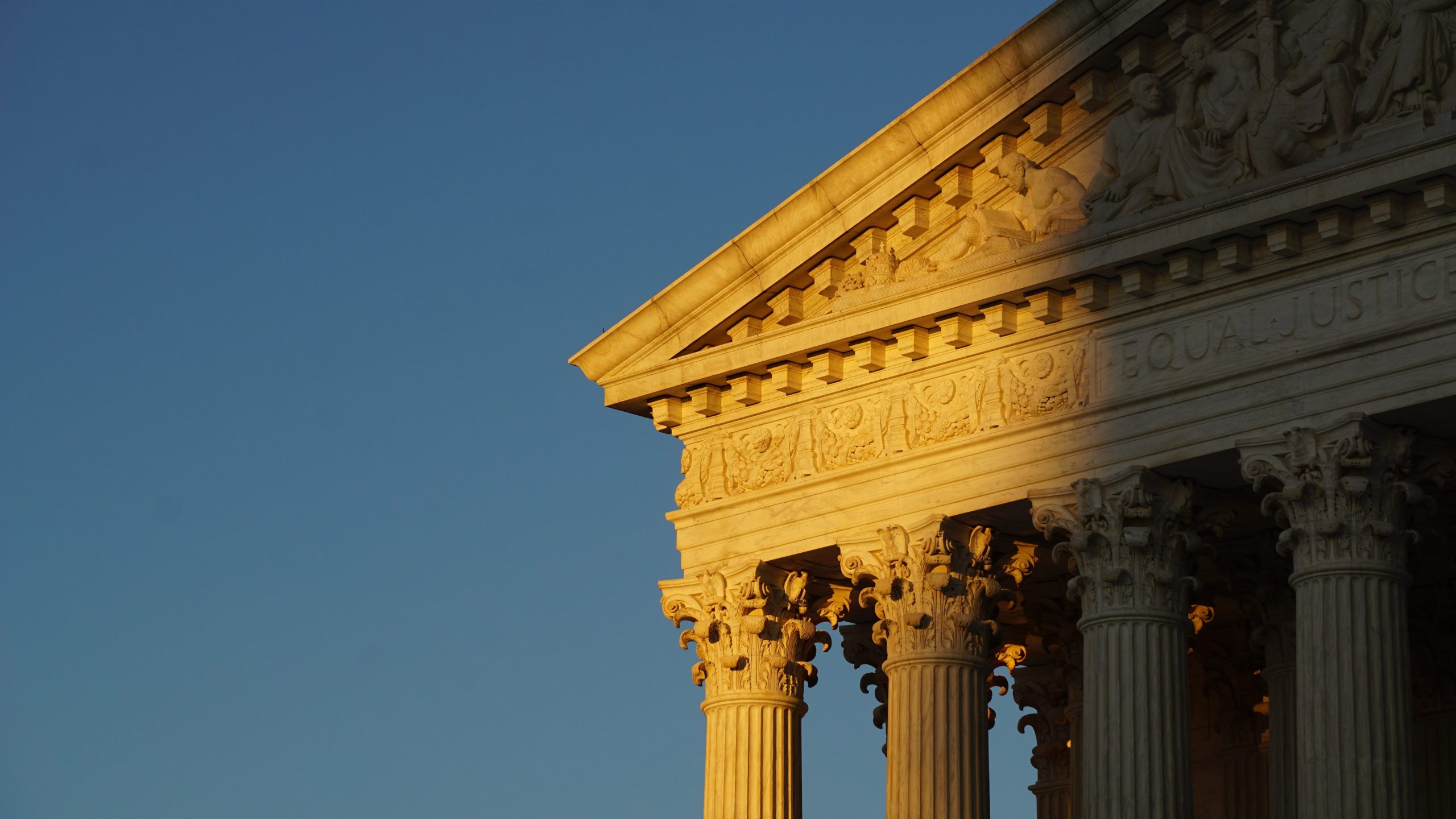
Justin Bullock, FISM News
[elfsight_social_share_buttons id=”1″]
The US Supreme Court unanimously held that a statute of the city of Philadelphia, Pennsylvania violates the First Amendment of the US Constitution. In a case known as Fulton et al. v. City of Philadelphia, Pennsylvania, et al., Chief Justice John Roberts wrote the ruling opinion with Justice Amy Comey Barrett, Justice Samuel Alito, and Justice Neil Gorsuch writing additional concurring opinions. The ruling is an unambiguous victory for social conservatives who have long fought to preserve religious liberty in the United States.
The case involved a statute by the city of Philadelphia that categorically refused to grant a religious exception to foster care and adoption agencies to discriminate who could foster and adopt children under their care. Specifically, a Catholic adoption and foster agency took exception to the statute and sued pursuant to their First Amendment rights that Philadelphia had to include religious exceptions in their statute. The Court ultimately unanimously held that the Philadelphia city law had to include a religious exception.
Importantly, the Court did not indicate what such an exception would consist of nor did they opine on whether or not the Catholic Church’s theological doctrine regarding same sex couples would qualify under any hypothetical exception. Rather, the Court simply stated that religious exceptions to such laws as the one involved in this case are mandatory pursuant to the First Amendment. In addition, the Court said that a consideration of the specifics of a hypothetical exception, and whether or not the Catholic doctrine regarding same sex couples would qualify under such an exception would have to involve another case. In the background precedents such as the Hobby Lobby case and the Masterpiece Cakeshop case loomed influential. Many experts viewed this case as a continuation of the logic from these past landmark cases regarding religious liberty.
Chief Justice Roberts wrote,
CSS seeks only an accommodation that will allow it to continue serving the children of Philadelphia in a manner consistent with its religious beliefs; it does not seek to impose those beliefs on anyone else. The refusal of Philadelphia to contract with CSS for the provision of foster care services unless it agrees to certify same-sex couples as foster parents cannot survive strict scrutiny, and violates the First Amendment… [O]ur society has come to the recognition that gay persons and gay couples cannot be treated as social outcasts or as inferior in dignity and worth. On the facts of this case, however, this interest cannot justify denying CSS an exception for its religious exercise. The creation of a system of exceptions under the contract undermines the City’s contention that its nondiscrimination policies can brook no departures. The City offers no compelling reason why it has a particular interest in denying an exception to CSS while making them available to others.
Senator Josh Hawley (R-Missouri) expressed his agreement with the ruling to Fox News,
It’s a pretty unequivocal statement I think that the court is gonna look really closely … any time you have religious institutions or organizations that are being disfavored. If they are treated any worse or any differently than a secular institution, the court’s gonna strike that down.
The fact that the Court reserved judgment regarding whether or not Catholic theological doctrine would qualify under any hypothetical religious exception, is why the three progressive justices ultimately voted with the conservative justices according to experts. This distinction illustrates that while there are wildly different definitions of what religion is defined as in the United States, the liberty of religious freedom remains enshrined in the hearts and minds of Americans, not to mention that it is clearly defined in the First Amendment of the Constitution.
